Sarwal Lab - Homepage
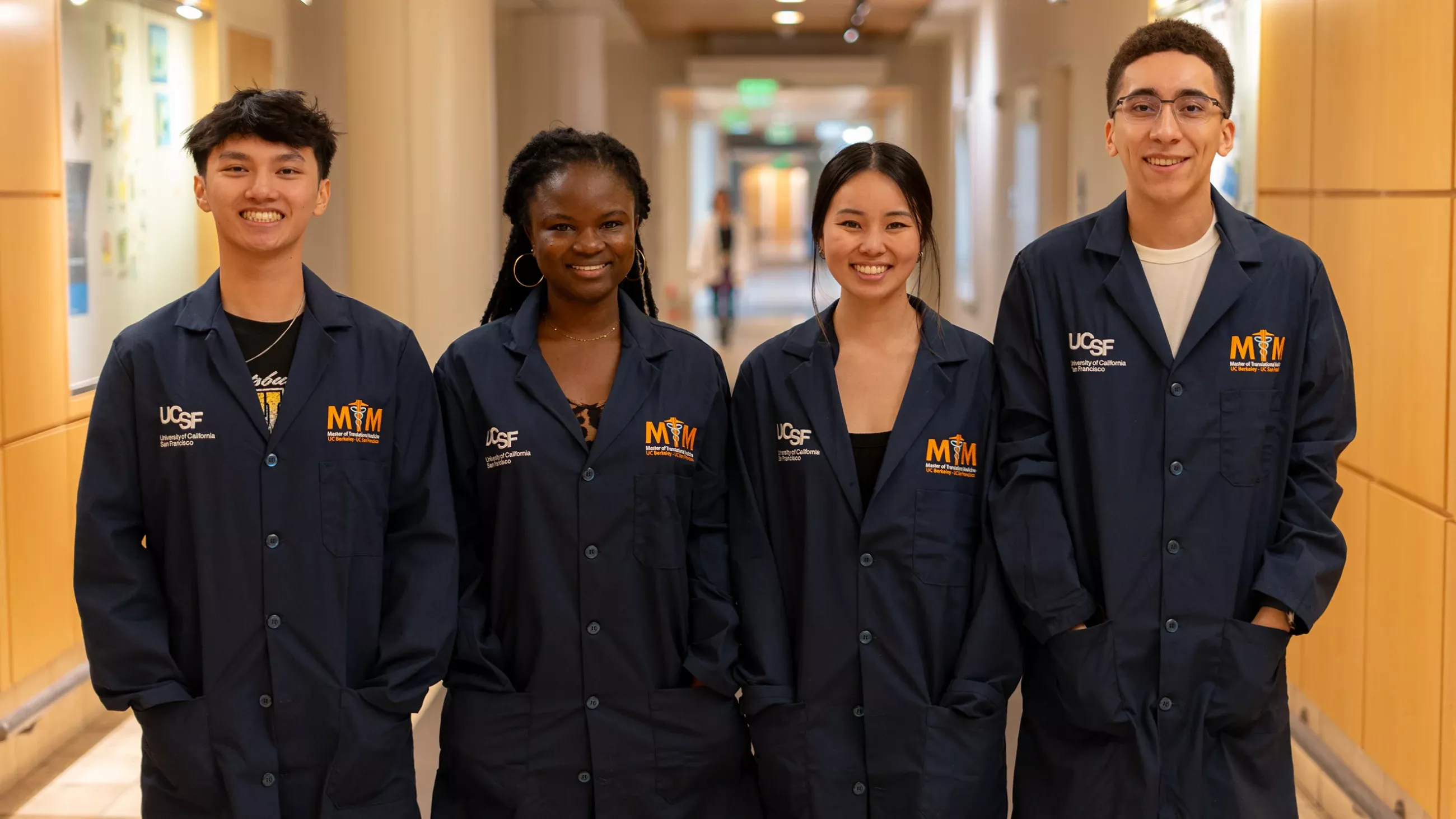
The Sarwal Lab

The Sarwal Lab

The Sarwal Lab

The Sarwal Lab
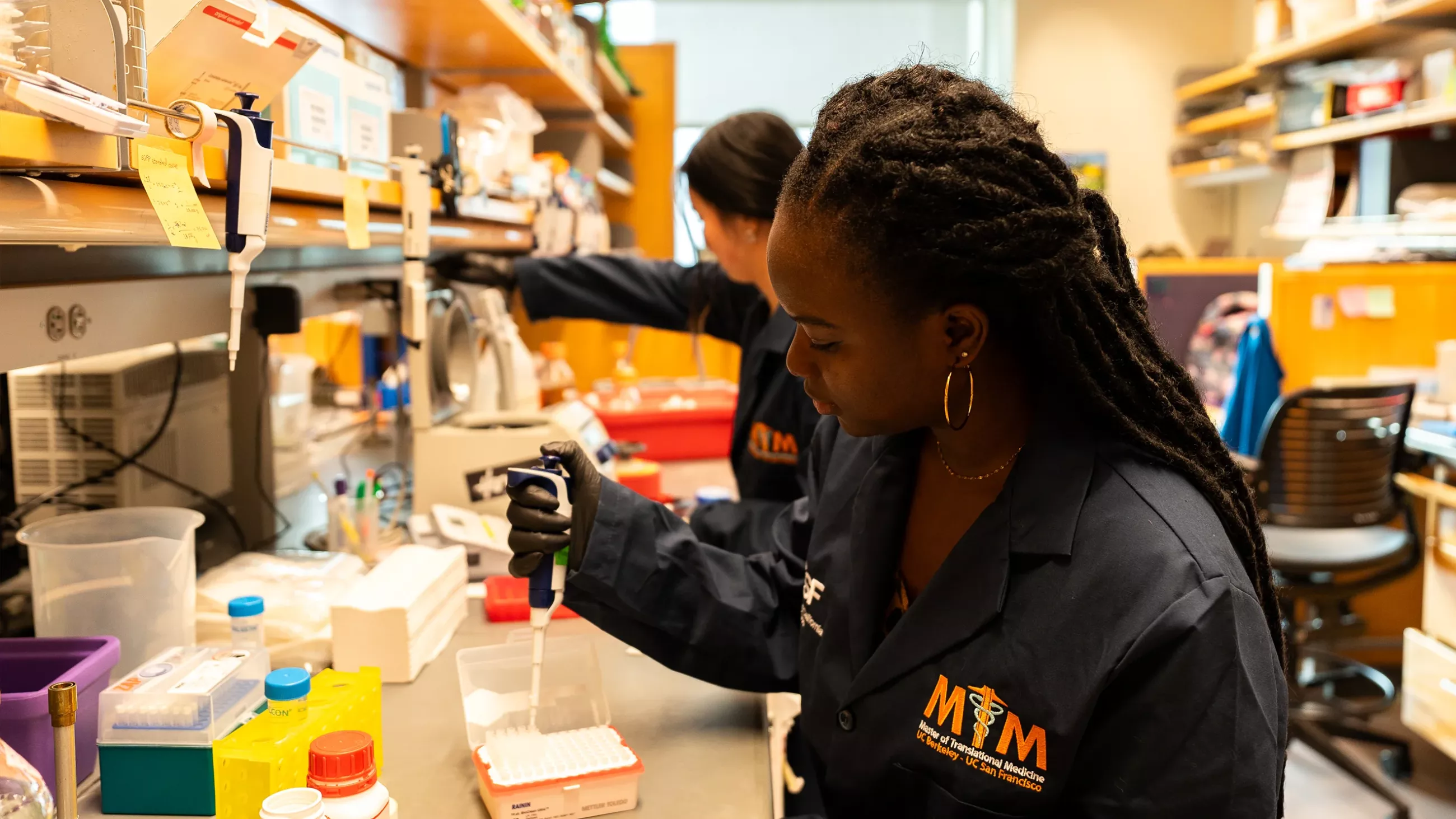
The Sarwal Lab

The Sarwal Lab
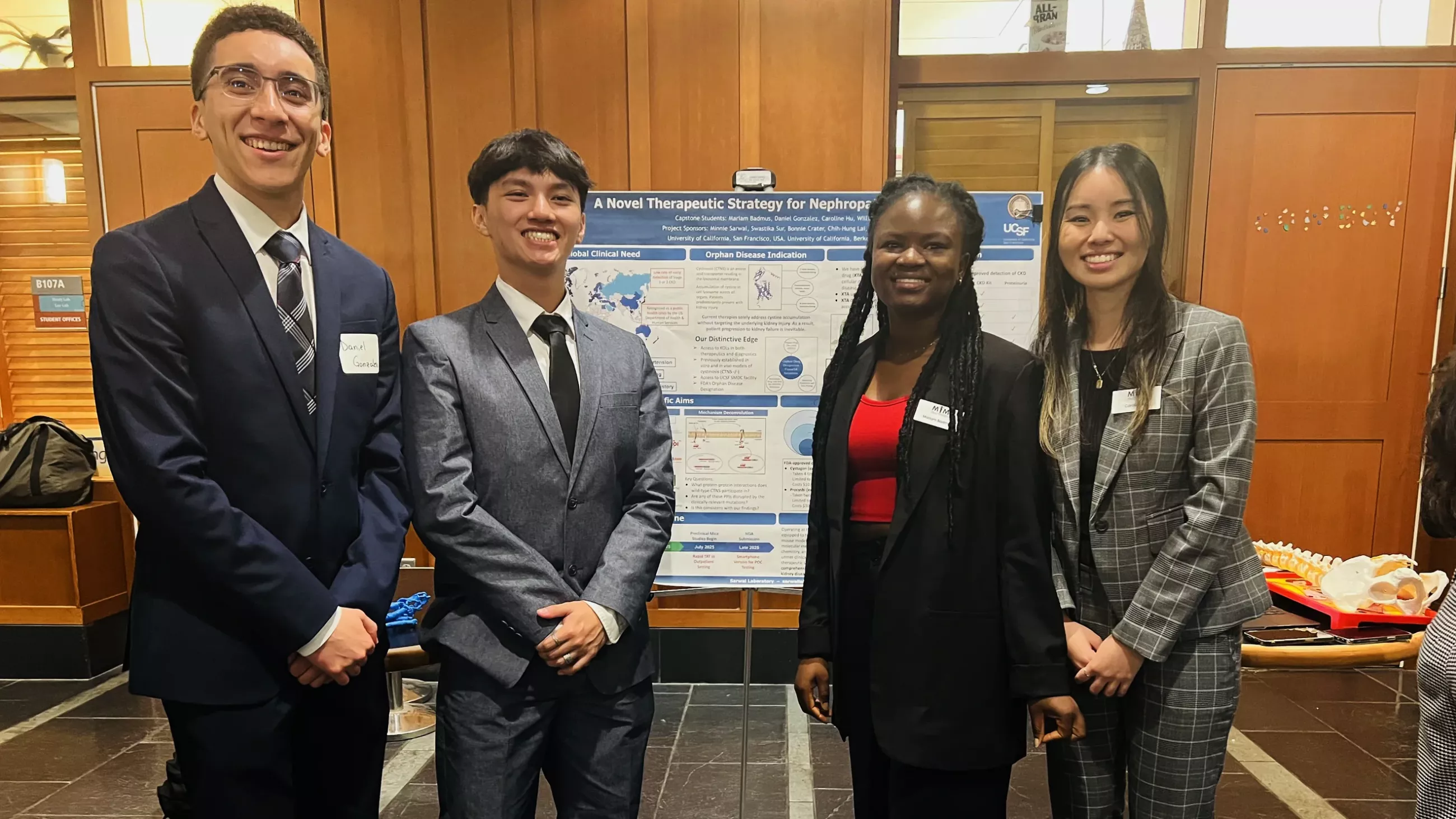
The Sarwal Lab

The Sarwal Lab

The Sarwal Lab

The Sarwal Lab
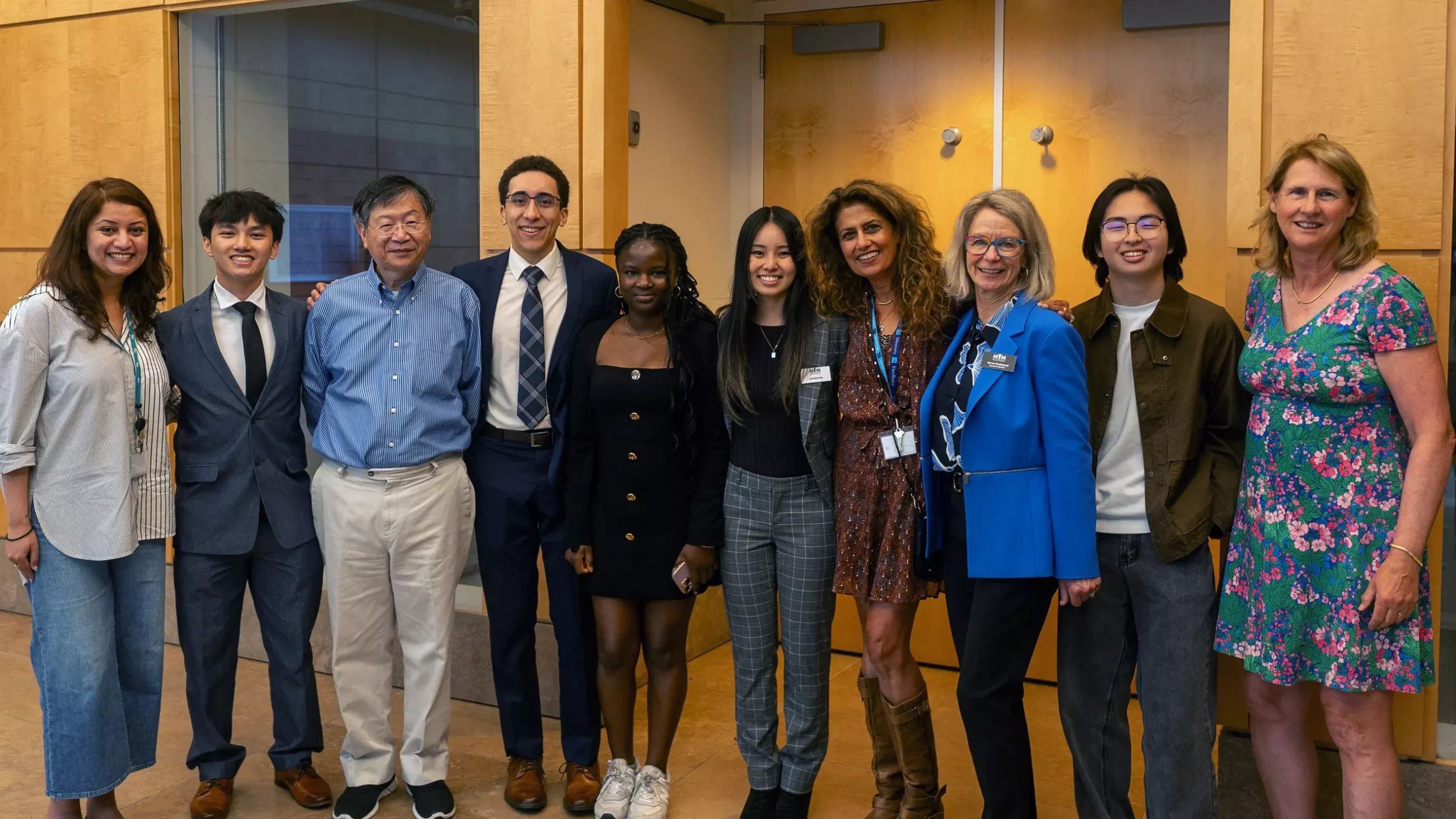
The Sarwal Lab

The Sarwal Lab
The Sarwal Lab focuses on the application of novel, high throughput technologies to harness the entire complement of genes, proteins, metabolites and antibodies, to generate new hypotheses for unraveling the underlying mechanisms of complex human diseases
Minnie M. Sarwal MD, PhD
Principal Investigator, UCSF Sarwal Lab
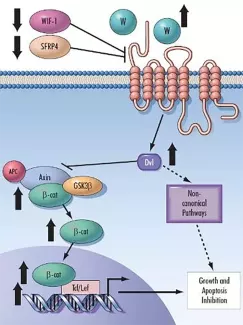
Research
Cystinosis and impaired autophagy/Mitophagy: Cystinosis is a rare autosomal recessive lysosomal storage disorder caused by the mutations in
...
GVHD is a clinical problem that has no predictive markers and is a source of high morbidity and
...
Although recent advances in immunosuppression therapy have enhanced short-term outcome; acute rejection remains an important risk factor for
...
We are conducting a large-scale genome-wide screening study across injury datasets in organ transplantation, using highly annotated genomic
...
Support the Lab
A gift to the Sarwal Lab helps us discover new treatments and cures for lung cancer, esophageal cancer and mesothelioma.

